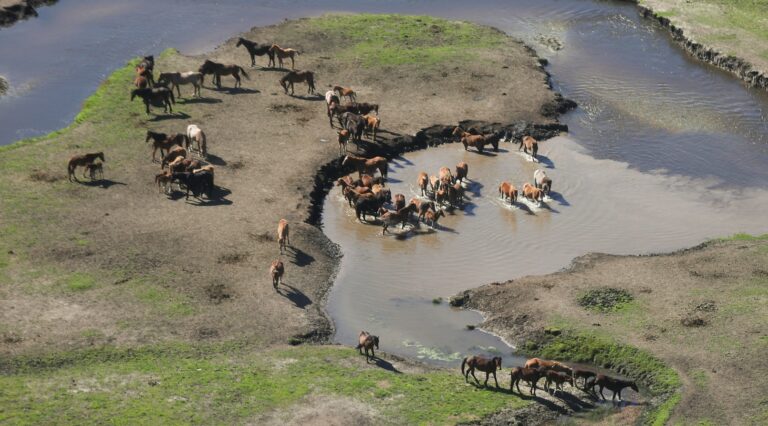
Climate change driver of Black Summer bushfires, commission finds

By ALLISON HORE
Findings from the Bushfire Royal Commission’s report claim, “in no uncertain terms”, climate change fuelled the Black Summer bushfires.
A Royal Commission investigating the causes and effects of last year’s Black Summer bushfires was formally established on the 20th of February 2020. Over the course of the royal commission, almost 2,000 submissions were made, with 270 witnesses presenting evidence.
A report of the commission’s findings was presented to the Governor General on Wednesday and on Friday was tabled before the Australian parliament.
The 80 recommendations made by the commission include the rollout of a new fire danger rating system, a national aerial firefighting fleet, a national emergency warning app and a national charity regulation scheme.
While the commission did not include any specific recommendations in relation to carbon emission reductions, the report makes a clear link between climate change and the bushfire disaster which led to the deaths of 33 people and destruction of more than 3,000 homes.
“Extreme weather has already become more frequent and intense because of climate change; further global warming over the next 20 to 30 years is inevitable,” the report said.
The smoke which blanketed more than 80% of Australia’s population took an even wider toll on people’s health. Research in the Medical Journal of Australia estimated that smoke related ailments led to at least 400 more deaths and more than 4,000 hospital visits.
In Sydney, the 81 days of hazardous air quality in just 2019 was more than the total of the past decade combined.
Officials welcome findings
Former commissioner of Fire and Rescue NSW and founder of Emergency Leaders for Climate Action, Greg Mullins, welcomed the report’s findings. He said the commission has laid out “in no uncertain terms” climate change was the driving force behind the Black Summer bushfires and will lead to “a future of unprecedented bushfire severity”.
“The Federal Government absolutely must act on the root cause of worsening bushfires in Australia, and take urgent steps to reduce greenhouse gas emissions. This clearly means no new coal or gas, and a rapid transition to renewable energy,” he said.
Climate Council CEO, Amanda McKenzie, also welcomed the report’s “incredibly clear” findings. She echoed Mr. Mullins’ call for the government to take action to reduce carbon emissions and phase out the use of fossil fuels which she says are “putting people’s lives, homes and livelihoods in danger”.
“The tens of billions of dollars of disaster costs laid out in the final report are staggering, not to mention the loss of life, the long-term health costs, and impacts on Australian jobs and communities,” she said.
“Australians have paid a heavy price for failing to tackle climate change effectively and prepare for worsening extreme weather.”
She said the eyes of Australia will now be on the government to see if they follow through with the report’s recommendations.
“The Government needs to accept these recommendations, all of them. We will be watching, and we will hold them to account,” said Ms McKenzie.
If action isn’t taken to slow the change in climate, the royal commission warns of a grim future for the land down under. The Black Summer bushfires as well as other severe weather events throughout the summer of 2019 including drought, heatwaves, hailstorms and flooding “provided only a glimpse of the types of events that Australia may face in the future”, the report says.









